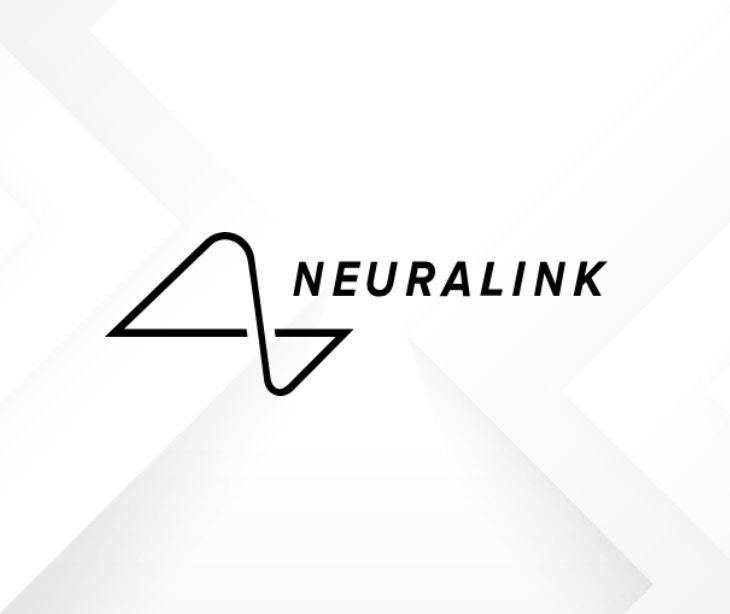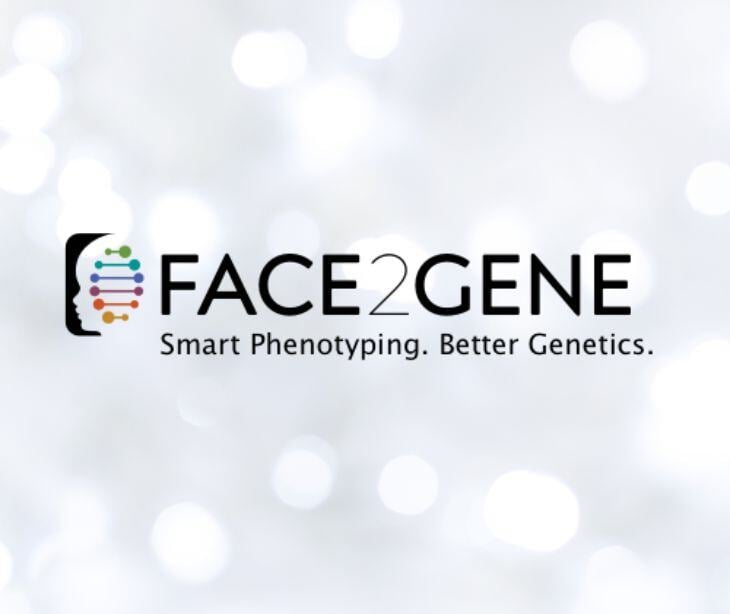2 min read
Bridging innovation and privacy in Musk’s Neuralink trials
Caitlin Anthoney Nov 29, 2024 4:32:07 PM

Elon Musk’s Neuralink is making a giant leap into uncharted territory with its brain implant and robotic arm, pushing the boundaries of neuroscience and technology.
According to Reuters’s recent news report on Neuralink, “Elon Musk's brain technology startup Neuralink said on Monday it has received approval to launch a new feasibility study using its brain implant and an experimental robotic arm.”
Neuralink's PRIME study will investigate the safety of its brain-computer interface in quadriplegic patients to determine how effectively patients can control external devices with their thoughts.
The revolutionary research has "allowed the first patient to play video games, browse the internet, post on social media and move a cursor on his laptop" in the United States.
Aside from its innovation, however, protecting patient privacy raises an equally serious concern.
The double-edged sword of digital health progress
The intricacy of the trials at Neuralink requires vast amounts of data collection from neural signals and metrics around device performance. Under US federal law, this data would constitute protected health information (PHI), subjecting it to the Health Insurance Portability and Accountability Act (HIPAA).
Furthermore, with Canadian neurosurgeons cleared to recruit six patients into the trial, the study will also confront cross-border data regulations.
The call for privacy in innovation
While groundbreaking technologies continue to push the boundaries of what science can achieve, privacy and security must remain at the forefront. The balance will require adequate data protection practices, transparent communication, and ethical oversight.
First, organizations must incorporate privacy into their development processes, adhering to HIPAA technical guidelines and implementing data encryption, access controls, and secure communication methods right from the start.
For instance, using a HIPAA compliant solution, like Paubox, when sharing medical information between researchers, clinicians, and participants. These platforms offer advanced encryption and multifactor authentication (MFA), limiting access to authorized users only.
During clinical trials, regulatory bodies like the US Food and Drug Administration (FDA) require detailed data on device performance, patient outcomes, and security measures, so innovations like Neuralink's implants uphold patient safety and privacy.
More specifically, the FDA will weigh the probable risks of the device, its associated surgical procedures, and its consequences against the benefits for participants.
Secondly, participants must be informed on how their data is collected, stored, and used. Clear consent processes and regular updates help promote transparency so patients know their information is managed ethically.
Lastly, ethical oversight should guide innovation. Though regulatory bodies such as the FDA and Health Canada can help with safety standards, companies themselves should self-regulate against impending threats like cyberattacks or data breaches. These companies must perform routine risk assessments and compliance audits to identify and fix potential vulnerabilities before they emerge.
The big picture
The future of neuroscience research requires trust. For Neuralink to realize its vision of transforming lives, it must also lead in securely managing the health data that fuels its innovations.
Go deeper: HIPAA and clinical trials
FAQs
Can researchers use electronic health records (EHRs) for research under HIPAA?
Yes, researchers can use EHRs for research purposes but must first obtain patient authorizations or use de-identified data.
Can HIPAA compliance give an organization a competitive advantage?
Yes, being HIPAA compliant can attract more patients and business partners, differentiating an organization from its competitors.
How does HIPAA compliant email improve cybersecurity?
HIPAA compliant email, like Paubox, offers audit trails, access controls, and malware scanning. These features track PHI access and limit threat exposure, enhancing security against phishing and malware attacks.
Furthermore, Paubox email meets HIPAA Rules, helping organizations avoid cyber incidents.
Learn more: HIPAA Compliant Email: The Definitive Guide




